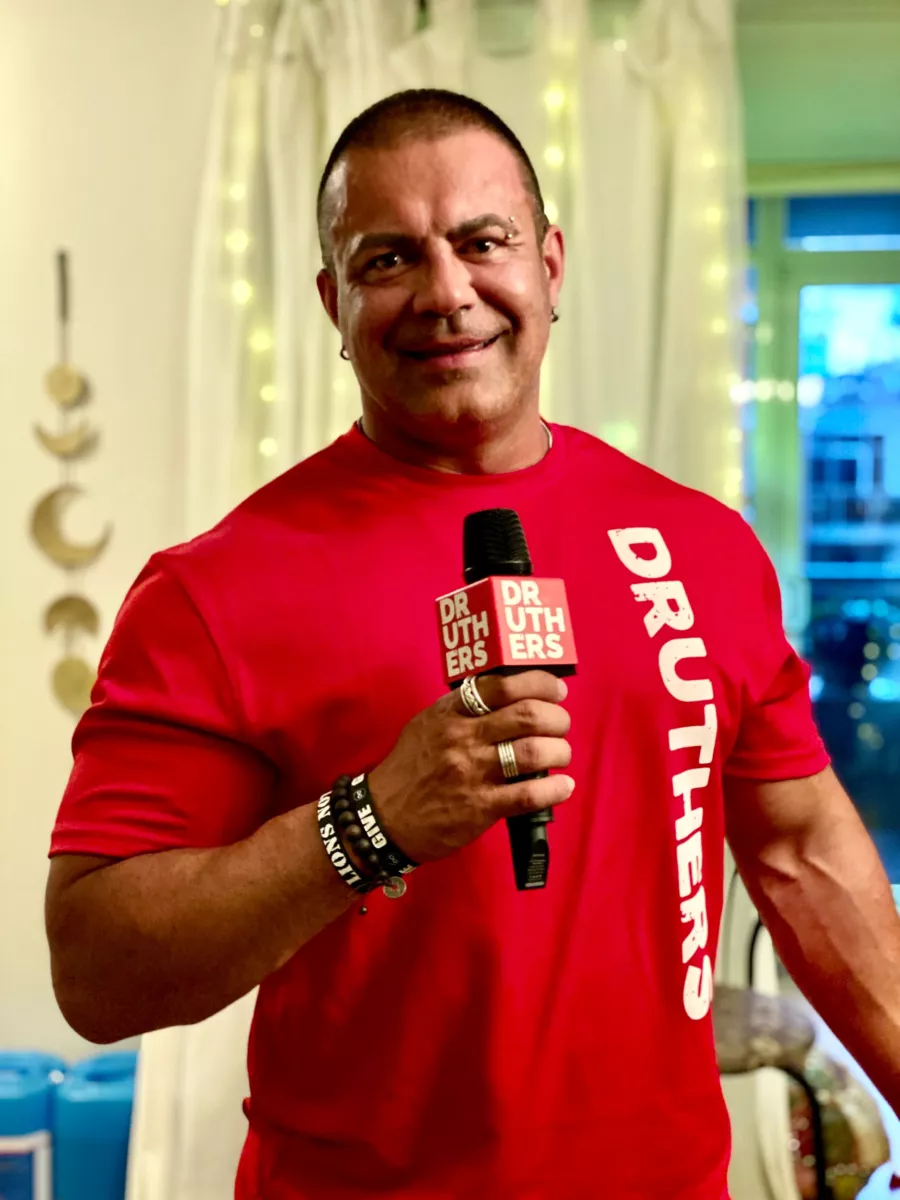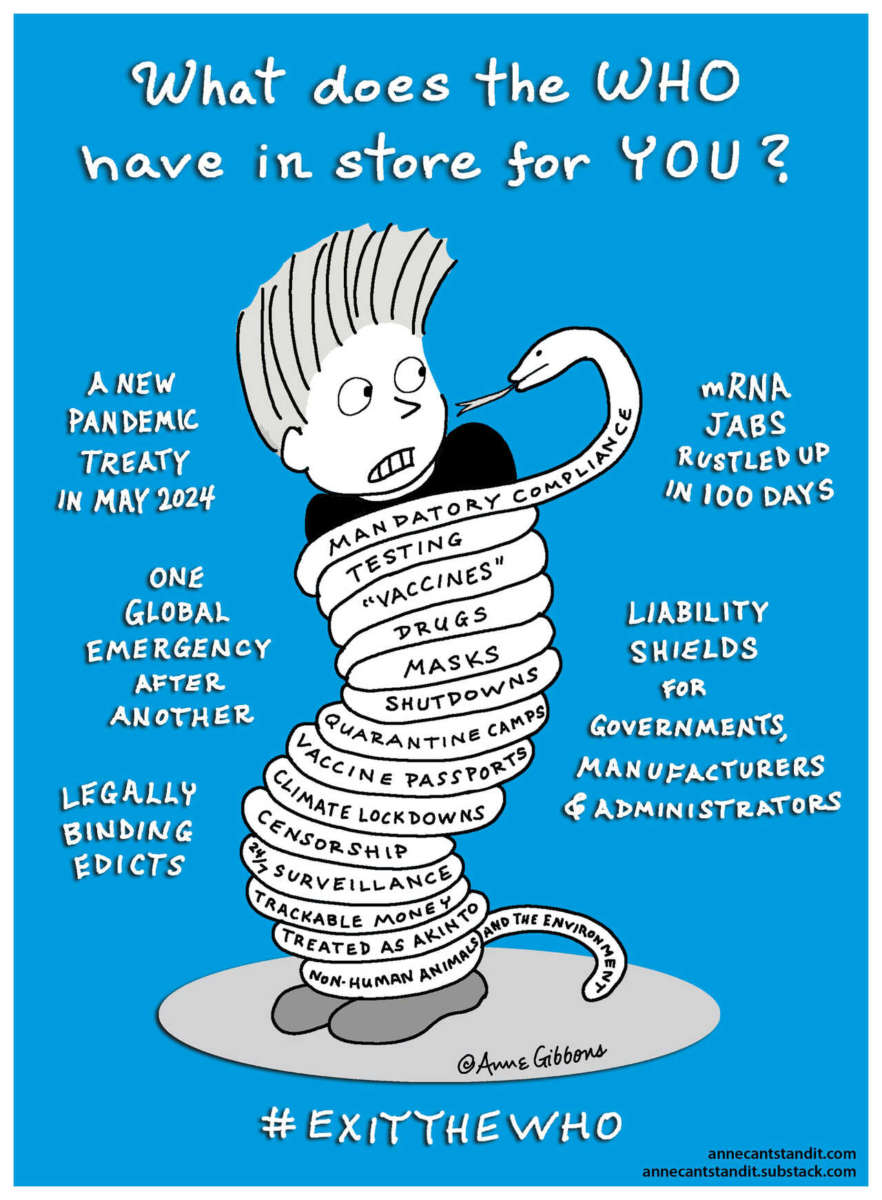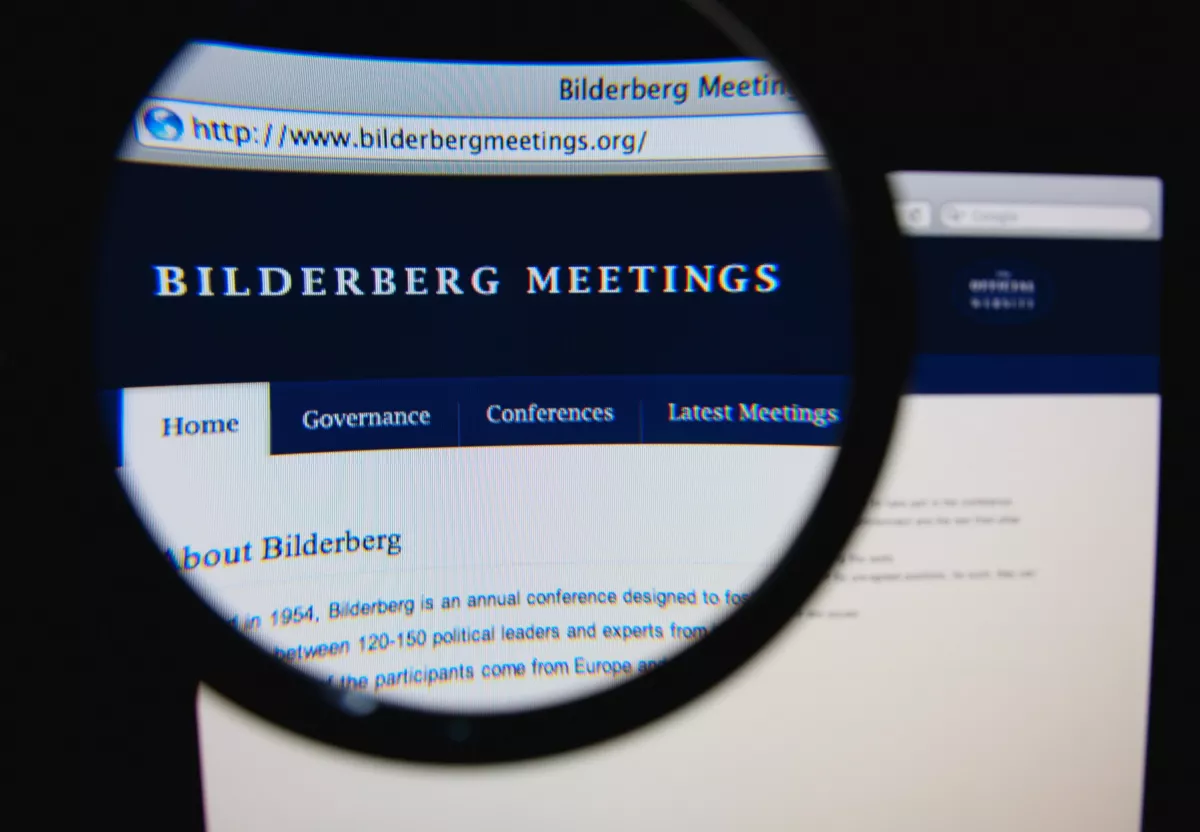The Big Pharma Weaponization of Academic Research
By Calley Means
Working for Pharma companies early in my career, I saw a two-step playbook to weaponize academic research:
- Buy the professors to ensure findings.
- Use DEI (diversity, equity, and inclusion) infrastructure to label opponents as racist.
This playbook is being executed masterfully with Ozempic.
Don’t lose touch with uncensored news! Join our mailing list today.
Step 1: Buy the Professors
Let’s stick to the facts: Pharma is the single largest contributor of money to university professors, medical organizations, TV news stations, and politicians themselves, with Novo Nordisk (maker of Ozempic) a top 10 individual spender within that.
- Novo Nordisk made over 400,000 individual payments to obesity doctors last year.
- Pharma is the majority of funding for the American Academy of Pediatrics (with Novo Nordisk as a top donor), which recently endorsed Ozempic as the standard of care for 12-year-olds – with a push to revise guidance to six years and up (this is a lifetime treatment).
- Novo Nordisk paid Dr. Fatima Cody Stanford – a lead obesity doctor at Harvard – $100,000.
- Pharma funds 50% of TV news ads with Novo Nordisk being a top 10 individual spender. The TV show, 60 Minutes, where Pharma is the top ad spender, ran a piece with Dr. Stanford saying obesity is genetic (with no statement of conflict).
- Pharma is the single largest spender on lobbying and political donations. What does this achieve? Flimsy research that Harvard professors and medical groups outwardly attack anyone who questions the findings as “anti-science.” The study, which led to the recommendation of Ozempic as the standard of care for 12-year-olds for life, was 68 weeks long and ignored side effects. The professors and medical institutions, who are both bought off by Pharma and have a vested interest in lifetime drugs getting approved (lifetime patients), then use a tried and true tactic.
Step 2: Weaponize DEI to Call Opponents Racist
From working with Pharma companies, I can tell you that race is always on the mind. Not to achieve noble means, but to shut down the debate. Time and time again, industries that are hurting America weaponize race to achieve aims that are demonstrably hurting communities of color. And we fall for it again and again. This is happening in plain sight with Ozempic: Here are talking points Novo Nordisk distributed to allies to say explicitly that it is racist for the US government to not fund Ozempic for obese and overweight Americans (80% of adults and 50% of teens at a cost of $15,000 per person per year).
- The Disproportionate Impact of Obesity on Racial and Ethnic Minorities The epidemic of obesity does not discriminate, affecting rural and urban areas, men and women, old and young. It is a severe chronic disease that affects approximately 100 million Americans. But racial and ethnic minority groups have been disproportionately impacted, with the highest prevalence of obesity among non-Hispanic blacks (49.6%), followed by Hispanics (44.8%), and non-Hispanic whites (42.2%). Minorities will make up more than half of the population of the United States by 2050, and more must be done to address the driving factors behind this growing epidemic and ensure access to the full continuum of treatment options for patients with obesity.
- Leading medical associations have recognized the importance of patient access to the full spectrum of treatment options for obesity, including anti-obesity medications (AOMs). However, the Medicare program does not cover these treatments. Today, only 14 states provide access to AOMs through their Medicaid programs and 22 states offer coverage through State Employee Health Plans. AOMs are an important component of obesity care for a subset of patients, and we must take steps to improve access to these treatments. As policymakers look to address the broader health equity issues in their states, treating and reducing obesity must be a focus.
Their talking points are then carried by the same professors who Novo Nordisk paid. In an article by Dr. Fatima Stanford at Harvard, “Racism and obesity are inextricably linked, says a Harvard doctor – and here’s how she thinks that can change,” she states, “The two most common forms of bias in the United States are race bias, which is by far the most common, followed by weight bias.”
The tragic part of this, inevitably, is that this greedy and cynical use of race to jab a pharmaceutical product into children’s arms (as opposed to solving the root cause – our broken food system) will cause harm, especially to lower-income communities and communities of color. Today, a lower-income American dies 10 years younger than an upper-income American. This is not because the poor Americans don’t have access to Ozempic. It is because of nutrition.
To top it all off, the US government is funding most of this research. During his time at the NIH, Dr. Anthony Fauci oversaw hundreds of billions in research grants to combat chronic diseases. During his tenure, chronic diseases rose from impacting 12% of the population to over 60% (which is exactly what Pharma wants of course: recurring revenue). Anyone who asked questions during this rise of disease, depression, infertility, and obesity was called anti-science (and often racist).
The same playbook is followed by food companies, which fund 90% of nutrition research to tell us Lucky Charms are healthier than beef – and then pay social media influencers to call anyone who questions that guidance racist and fat-phobic. Chronic disease pharmaceutical research, nutrition research, and social science research are a net negative on society today. Our country would be better off if these budgets were cut to zero. It is funded by corporations who are destroying the fabric of our country and then using race and culture issues in cynical ways to avoid scrutiny. This is a game that is destroying America. We need a comprehensive audit of how we fund universities and how much we trust the sham research coming out of them.
Calley Means is an advocate for policy to change health incentives. He is Co-Founder of TrueMed Payments and Co-Author of Good Energy with his sister, Dr. Casey Means. Calley is a graduate of Stanford and Harvard Business School. Originally published at X: @calleymeans












